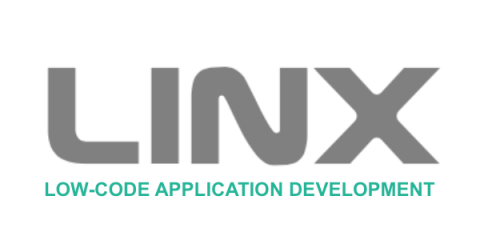RPA in Procurement: How to Enhance the Government Acquisition Process
Robotic process automation (RPA) refers to the use of software robots, or "bots," that mimic human actions to automate repetitive tasks within business processes. RPA technology can interact with applications, systems, and data sources to automate procurement tasks such as data entry, document processing, and report generation.









